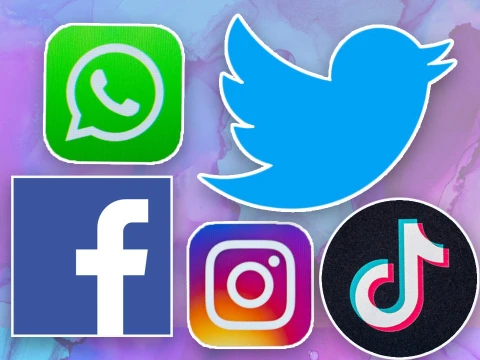The National Information Technology Development Agency has announced plans to regulate all Meta-owned internet companies, including Facebook, WhatsApp, and Instagram.
Punch Metro gathered that the likes of Twitter, Google and Tiktok were also included in the regulatory framework.
According to a draft on NITDA’s official Twitter page on June 13, 2022, the agency demanded the internet platforms to ”register with the Corporate Affairs Commission”, and also assign a representative in the country to represent them to Nigerian authorities.
Spokesperson of NITDA, Hadiza Umar, while speaking on the new code said, it was created to protect the “fundamental human rights of Nigerians and non-Nigerians living in the country as well as define guidelines for interacting in the digital ecosystem.”
NITDA also demanded that the internet platforms, “provide a comprehensive compliance mechanism to avoid publication of prohibited contents and unethical behaviour on their platform.”
They are also required to; “provide information to authorities on harmful accounts, suspected botnets, troll groups, and other coordinated disinformation networks and deleting any information that violates Nigerian law within an agreed time.”
According to NITDA, the new rules were “developed in collaboration with the Nigerian Communications Commission and National Broadcasting Commission, as well as input from Interactive Computer Service Platforms such as Twitter, Facebook, WhatsApp, Instagram, Google, and Tik Tok amongst others.
“Other relevant stakeholders with peculiar knowledge in this area were consulted such as Civil Society Organizations and expert groups.
“The results of these consultations were duly incorporated into the Draft Code of Practice.”
The draft Code of Practice notes that Internet platforms must promptly obey court orders directing them to provide “information under its domain or any assistance to any authorised government.”
The others included paying taxes locally and cooperating with the Nigerian government to regulate content and harmful tweets.
NITDA said it wrote the draft with a presidential directive. It also claimed to collaborate with Nigeria’s communications and broadcasting regulatory bodies–and welcomed input from the internet companies its draft affects.
The agency said the draft is open to review and comments from the public. However, given the backlash it received after Twitter’s ban and fears of monitoring and free speech stifling by the Nigerian government, it’s unclear why the agency went ahead to compose this draft.

